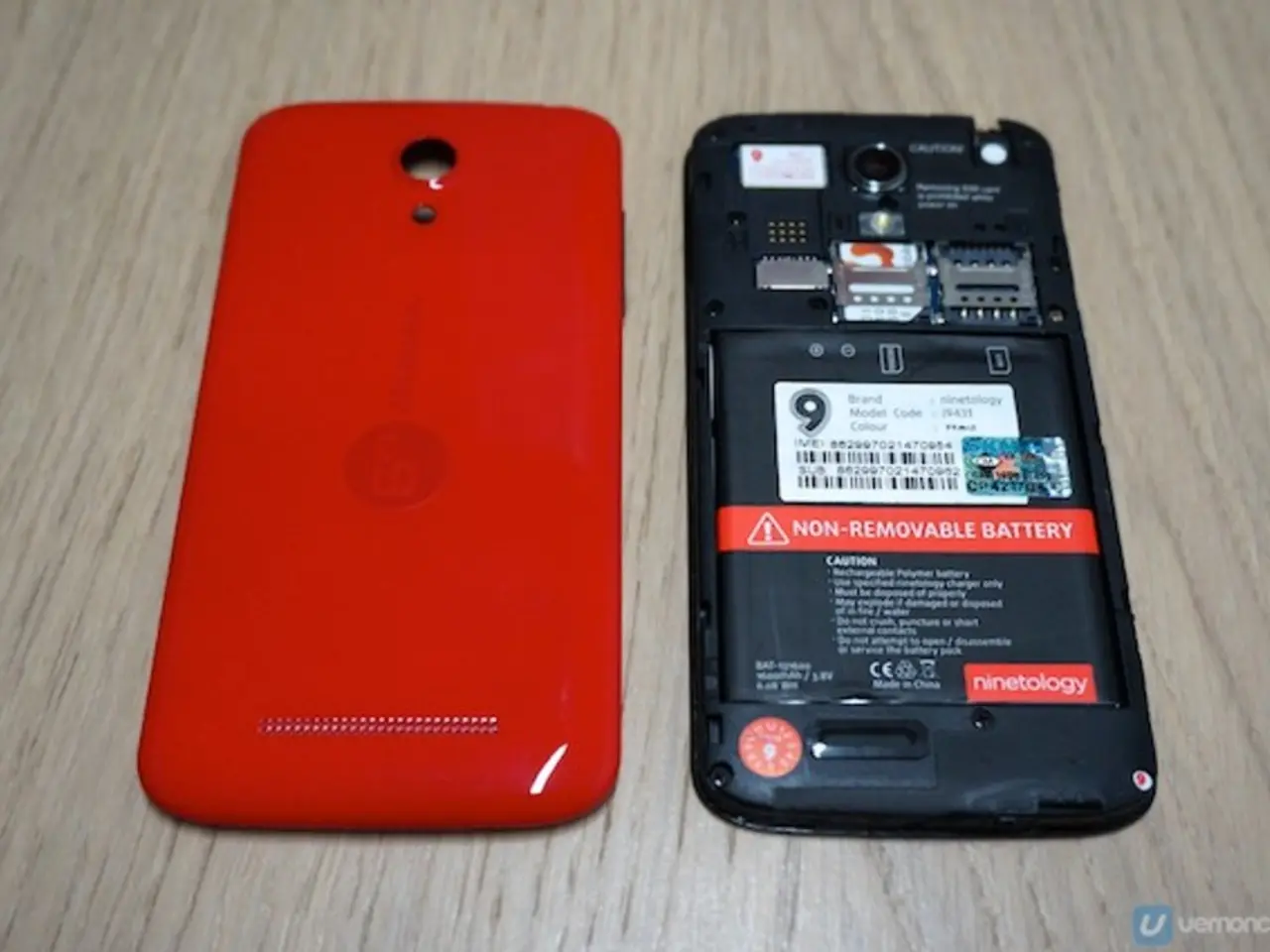Chinese smartphone market leader Huawei reclaims the top spot, with Apple falling to fifth position.
In the dynamic world of technology, Huawei is making significant moves to expand its smartphone business in the coming years. The Chinese tech giant, which has faced challenges due to Washington's export controls in 2019, is now looking to test the waters in various markets starting from 2024.
Huawei's handset business has shown resilience, with the company regaining the top position in China's smartphone market. This comeback is evident in the Q1 2024 figures, where Huawei shipped 11.7 million smartphones in China, marking a 70% increase from the previous year.
The company's focus for expansion will likely be in regions where 5G rollouts and spectrum auctions are scheduled or underway. These include Southeast Asia, the Middle East and North Africa (MENA), and possibly Turkey and Bangladesh. However, no explicit country list for Huawei's testing has been provided, and its recent product launches remain mostly focused on the Chinese market due to limitations like the lack of Google services.
One of Huawei's key strategies is the development and promotion of its own operating system, HarmonyOS. This move was necessitated by the inability to use Google's Android and Google Mobile Services. Huawei boasts that HarmonyOS is now installed on more than 800 million devices, a significant achievement in the competitive smartphone market.
The success of HarmonyOS is considered crucial for Huawei's future. Consistent, strong sales volumes can build up a sufficient installed base to become an attractive platform for developers. Huawei aims to make HarmonyOS a third mobile operating system for the world, alongside Android and Apple's iOS.
The smartphone market in China is highly competitive, with razor-thin gaps between the top six vendors. Despite this, Huawei's budget smartphone brand, Honor, experienced a 9% growth in the domestic market. On the other hand, Apple has fallen to fifth place in China's smartphone market, with a 25% decrease in shipments to around 10 million. Apple generated about 17% of its October-December net sales in the greater China region.
Other players in the Chinese market, such as Oppo and Vivo, have also seen a decrease in shipments, with Oppo's and Vivo's shipments decreasing by 14% and 9% respectively.
Huawei's latest flagship smartphones, the Pura line, were revamped and renamed, and went on sale in Q2 2024. One of the notable releases was the Mate 60 Pro, Huawei's first 5G-capable smartphone using its own chips, which was launched in August 2021.
In conclusion, Huawei's strategic moves, including its focus on expanding into new markets and the continued development of HarmonyOS, indicate a company that is not only recovering from past challenges but also looking to solidify its position in the global smartphone market. The variations in smartphone market rankings, both in China and globally, highlight the need for companies to stay agile and innovative in this rapidly evolving industry.
Read also:
- Rachel Reeves conducts a discussion with Scott Bessent and financial executives, focusing on investment matters
- iPhone, iPad, and Mac Apple Sports App Now Offering: Customizable Widgets
- Football Spectators Embrace On-Field Purchases and Social Interaction During Game Time
- Exciting Activities and Productive Tasks You Can Perform on Any Personal Computer







